If you’re practicing your personal essay skills or just storytelling in general, these narrative essay prompts are a great way to get started!
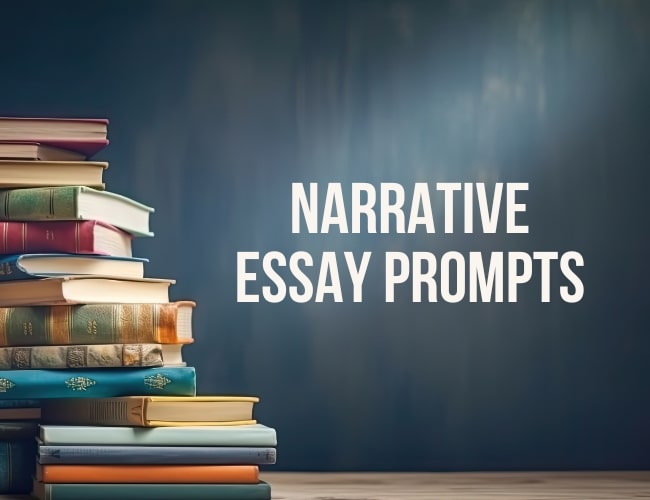
At The Write Practice, we publish a new article each day designed to help writers tackle one part of their writing journey, from generating ideas to grammar to writing and publishing your first book. Each article has a short practice exercise at the end to help you immediately put your learning to use.
Check out the latest articles below or find ones that match your interest in the sidebar.
And make sure to subscribe to get a weekly digest of our latest posts, along with our free guide, 10 Steps to Become a Writer.

If you’re practicing your personal essay skills or just storytelling in general, these narrative essay prompts are a great way to get started!
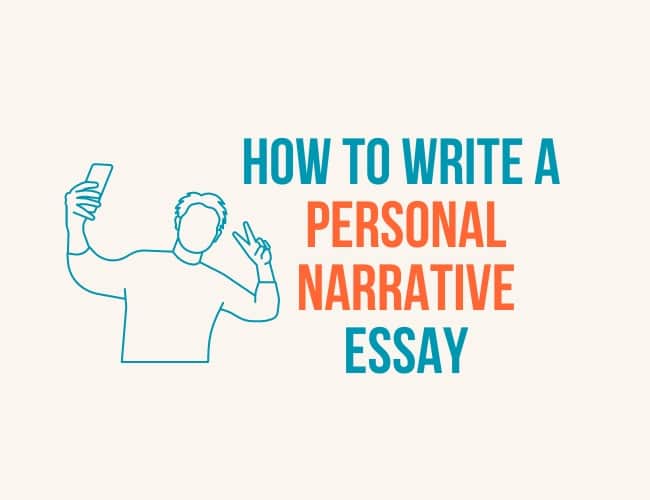
Learning how to write a personal narrative essay is a core skill in most middle and high school writing classes, but narrative essays are great practice for so much more! If you’ve ever wanted to nail an assignment, an interview, or just be a more interesting person, this practice is for you!
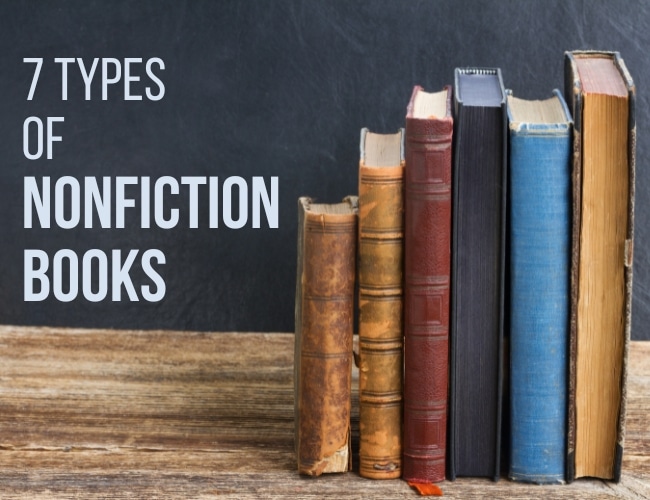
While people have been telling stories and delivering speeches for thousands of years, the history of nonfiction book writing is fairly brief. Still, over the last 500 years or so, patterns have begun to emerge, tried and true ways of writing nonfiction books, depending on the author’s goals.
Read on to discover the 7 types of nonfiction books and the structures each uses to reach readers.
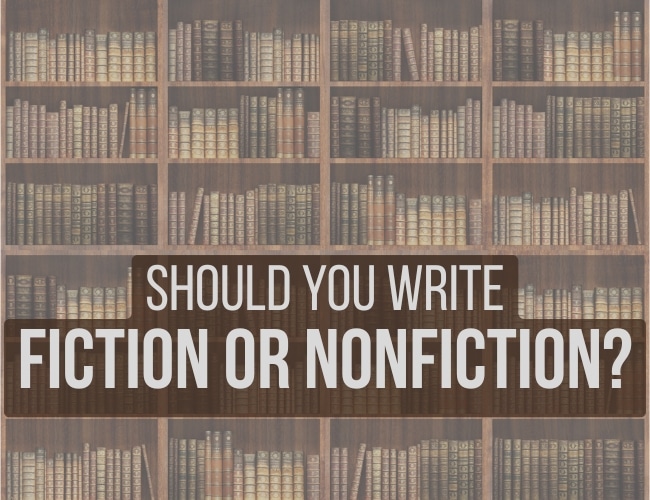
In allegiance to Stephen King’s writerly maxim, “The only requirement is the ability to remember every scar,” I’m considering writing a new series of stories about my father’s five year struggle with Chronic Fatigue Syndrom.
I was ten when my father had to quit work go on disability. His body was hurting all the time and he couldn’t think he was so tired. Ten is an age you need a father, but for five years he was largely absent, both physically and mentally. My mom was preoccupied and stressed bearing our family’s financial burdens. I went through the first, confusing years as a teenager all but alone.
But the question is: should I write the stories from this period of my life as nonfiction or channel them into my fiction?
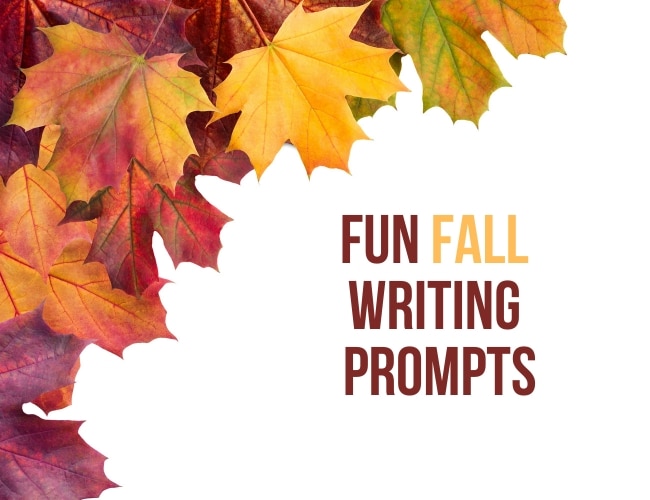
Writing prompts are one of the best ways to get in your daily writing practice and hone your writing skills. Whether you’re a parent or teacher trying to help reluctant writers get started or a seasoned pro looking for new ideas, today we have a series of fun fall writing prompts to help you transition from the summer season into the autumn, writing all the way.

If you’re a writer, you’ve likely heard advice that one of the best ways to improve your craft is to read. It’s true! But the way you read matters. How can you read and discuss books with a writer’s eye, so you get more out of the experience?
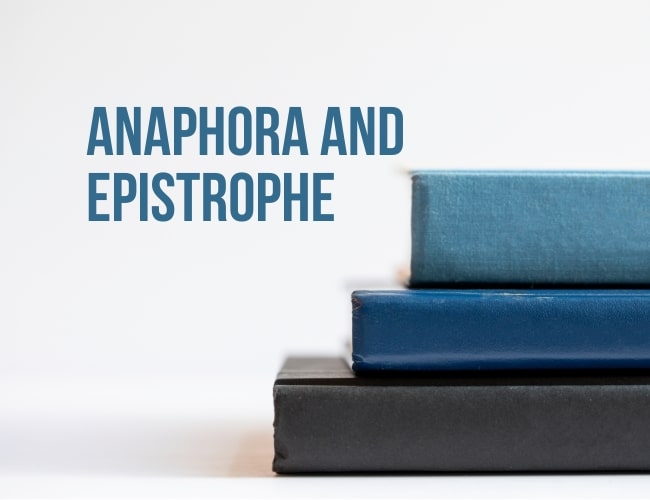
Last Wednesday through Sunday, I went to Reykjavik with some friends thanks to Groupon. Fortunately, the jet lag hasn’t hit much since coming home, but it was a great weekend. We saw the Northern Lights, we saw waterfalls, we saw geysers, and we saw a place where two tectonic plates meet.
By the way, that last text pattern, with the repetition of “we saw”, is what’s called anaphora.
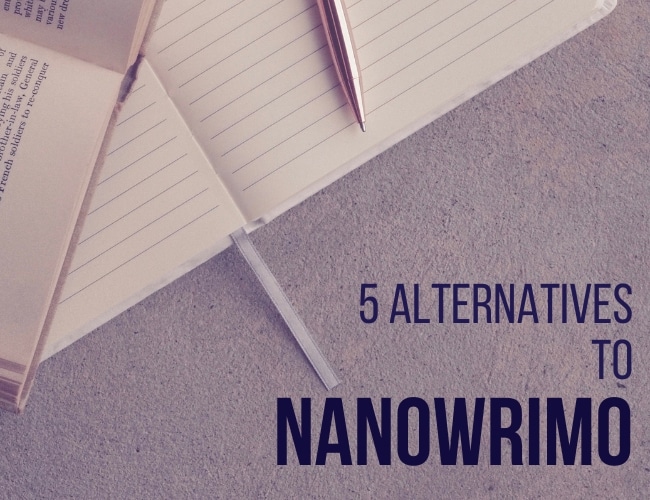
For many writers, November used to be synonymous with NaNoWriMo (National Novel Writing Month). Over thirty days, writers would knuckle down and attempt to write a 50,000 word novel. Just thirty days of work for a complete first draft? Awesome.
Unfortunately, NaNoWriMo has now closed its doors. But don’t worry, NaNoWriMo isn’t the only way to join a community and work toward all your writing goals. Here are five excellent alternatives to help you smash your word count goal before the end of the year.
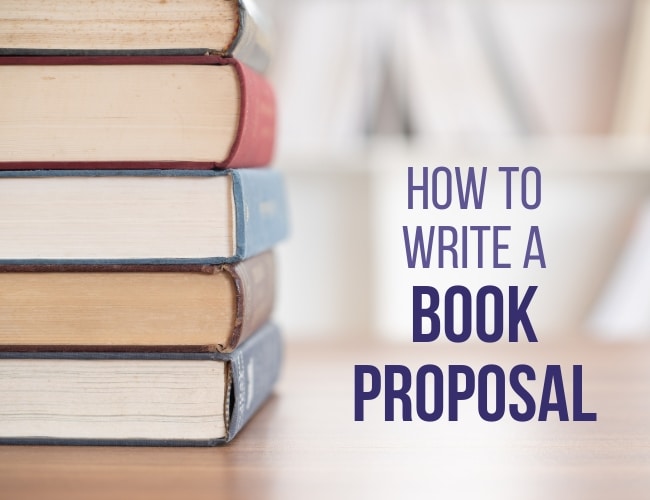
If you’re like most writers I hear from, you’re probably wondering how to sell your book to a publisher. Publishing is a strange and mysterious industry, and it can be very hard to find your way through it so you can achieve your writing goals. You’re in the right place though, because often, the very first step on your journey to publishing your book is writing a book proposal.
How to write a book proposal, though? In this article, we’re going to talk about how to write a book proposal for both nonfiction and fiction writers. We’ll also look at when you need to write one. And at the end, there will be a fun exercise that will help you get started writing your book proposal.
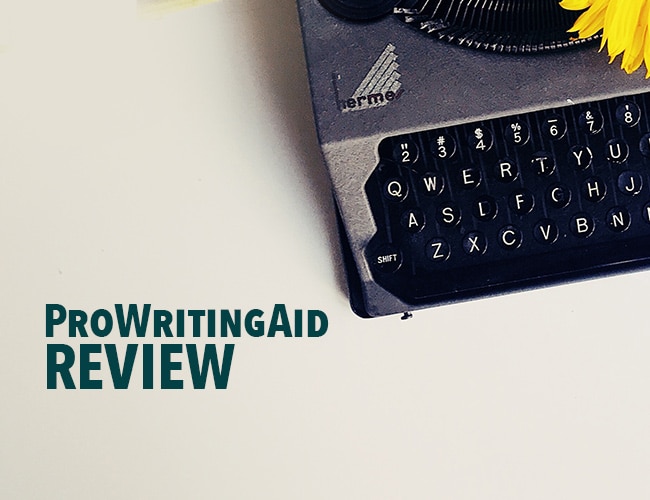
ProWritingAid is a grammar checker and style editor meant to help you improve your writing and become a better writer. How does it work? And would it be a useful tool for you? I tested it to find out, and I’ll break it all down for you in this ProWritingAid review.